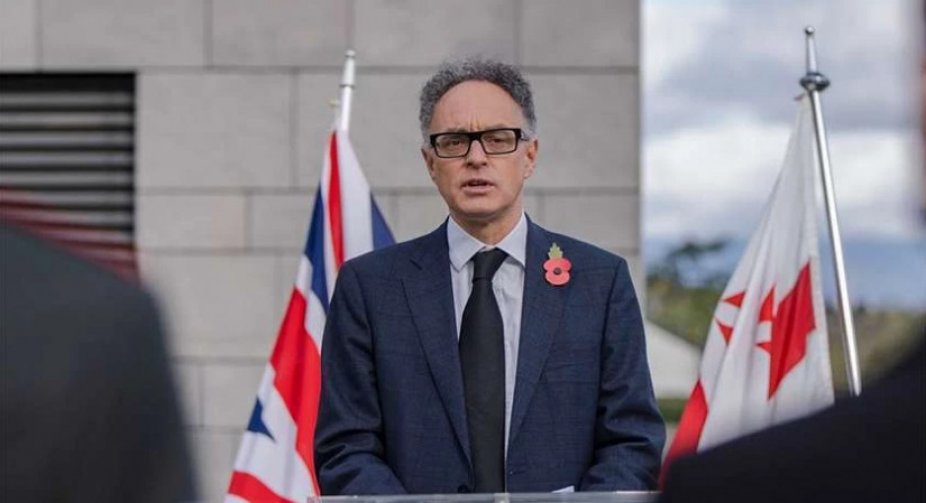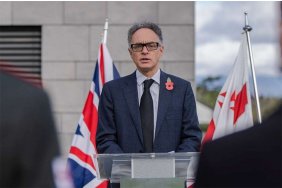Great Britain is no longer a member of the European Union, and I cannot speak on behalf of this organization. However, Ambassador Pawel Herczynski and Charles Michel have unequivocally stated that the adoption of this law will jeopardize Georgia's European integration," said British Ambassador to Georgia Mark Clayton.
Clayton emphasized that Great Britain stands in support of Georgia's sovereign choices. "As advocates for democracy and the rule of law worldwide, we believe that an active civil society is indispensable to any democracy. Therefore, anything that obstructs the functioning of civil society is a matter of concern to us."
He reaffirmed Great Britain's longstanding support for Georgia, stating, "the majority of Georgia's population, as well as all major political parties, aspire to join the European Union and NATO. We respect Georgia's sovereign choice and will continue to support its aspirations."
The bill aims to register non-commercial legal entities and media outlets in the country as “aligned with the interests of a foreign power” if they obtain more than 20 percent of their funding from abroad and is largely criticized as a “Russian law” by domestic actors and international partners.

